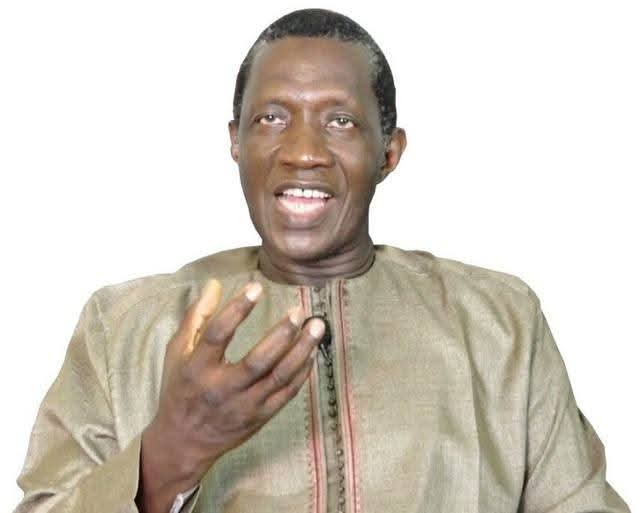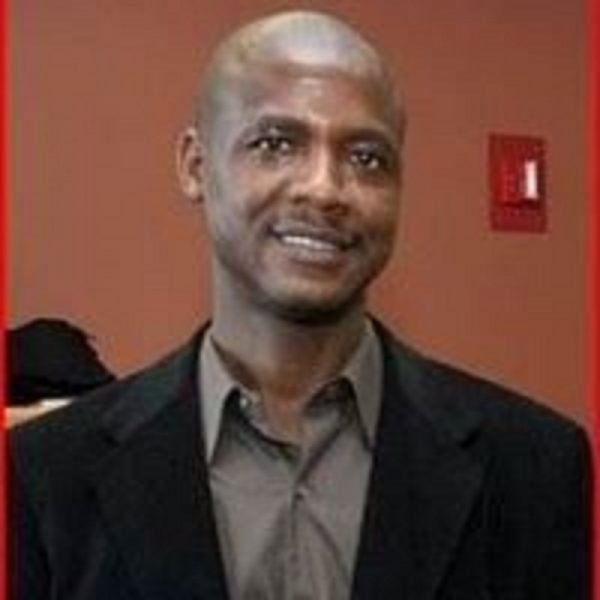Where was Dr. Lamin Manneh between 1996 and 2016? Where was his voice, his intellect, his conscience when Gambians were brutalized under Yahya Jammeh’s oppressive regime? For 22 years, the United Democratic Party (UDP) stood as a steadfast bulwark against tyranny, with its members facing persecution, imprisonment, and silencing. Yet Dr. Manneh, comfortably ensconced in prestigious international roles, chose silence. Not a single word of defiance. Not a whisper of support. Now, in this era of democracy where the price of speaking truth is no longer paid in blood, he emerges, proclaiming himself a tiger.
A critic. A prominent member of the UDP. But where was this self-proclaimed tiger when the jungle was ablaze? Dr. Manneh’s sudden emergence as a vocal critic under President Barrow raises critical questions. When did he actually join the UDP? What sacrifices did he make for the democratic gains he now enjoys? While brave Gambians risked their lives to fight against dictatorship, Dr. Manneh opted for silence, prioritizing his career over standing with the oppressed. We challenge Dr. Manneh to provide tangible proof of his resistance. Where are his writings, his speeches, his declarations against Jammeh’s tyranny? If he truly supports democracy, let him demonstrate it not through post-Jammeh rhetoric, but with concrete evidence from the years when speaking out came at a grave personal cost.

Today, the UDP faces a crisis not of ideology, but of integrity. Its ranks are swelling with individuals who only found their voices after retirement, redundancy, or dismissal. These opportunists, having lost their privileged positions, are now desperate to regain relevance through political affiliation. They did not fight for democracy; they merely inherited it. And now, they present themselves as moral authorities. They attack the Barrow administration with vigorous zeal, yet their silence during Jammeh’s reign speaks volumes more than any rhetoric they offer today. Their newfound activism is not rooted in principle it is a byproduct of convenience.
As Professor Wole Soyinka powerfully stated, “The man died in all who keep silent in the face of tyranny.” By that measure, Dr. Manneh’s silence during Jammeh’s rule signifies his complicity. This complicity disqualifies him from any claim to moral leadership within our democratic discourse. Dr. Manneh “died” a long time ago. He never fought for injustices.
Who is Dr. Lamin Manneh to criticize the APRC? Who is he to condemn Fabakary Tombong Jatta and Seedy Njie for declaring a state of emergency, an act that instilled fear in the hearts of the nation and forced thousands into exile? Where was his voice then? Where was his outrage when the National Assembly, under Speaker Abdoulie Bojang, sanctioned tyranny in its final throes? Yes, Speaker Bojang, later appointed by UDP leader Ousainou Darboe as ambassador to South Africa. The contradictions are staggering. Why didn’t Dr. Manneh raise his voice when the state of emergency was passed into law? Why did he remain silent for nine long years before finally finding the courage to speak? That moment required bravery, conviction, and the principled defiance that defines true leadership.
Yet Dr. Manneh chose comfort over courage, prestige over principle, and silence over sacrifice. Now, emboldened by the safety of our democracy, he finally speaks. We must remember who stood up when it was dangerous and who waited until it was convenient. That moment called for bravery. Dr. Manneh chose to seek comfort instead. It is time we demand more from those who claim to represent the people. We must scrutinize not only what they say but when they choose to say it.
True leadership is forged in the crucible of struggle not in the secure confines of international offices. Let this be a clarion call to conscience. Let it serve as a powerful reminder that democracy is not a platform for opportunists—it is a sacred arena for those who dared to fight when it mattered most





